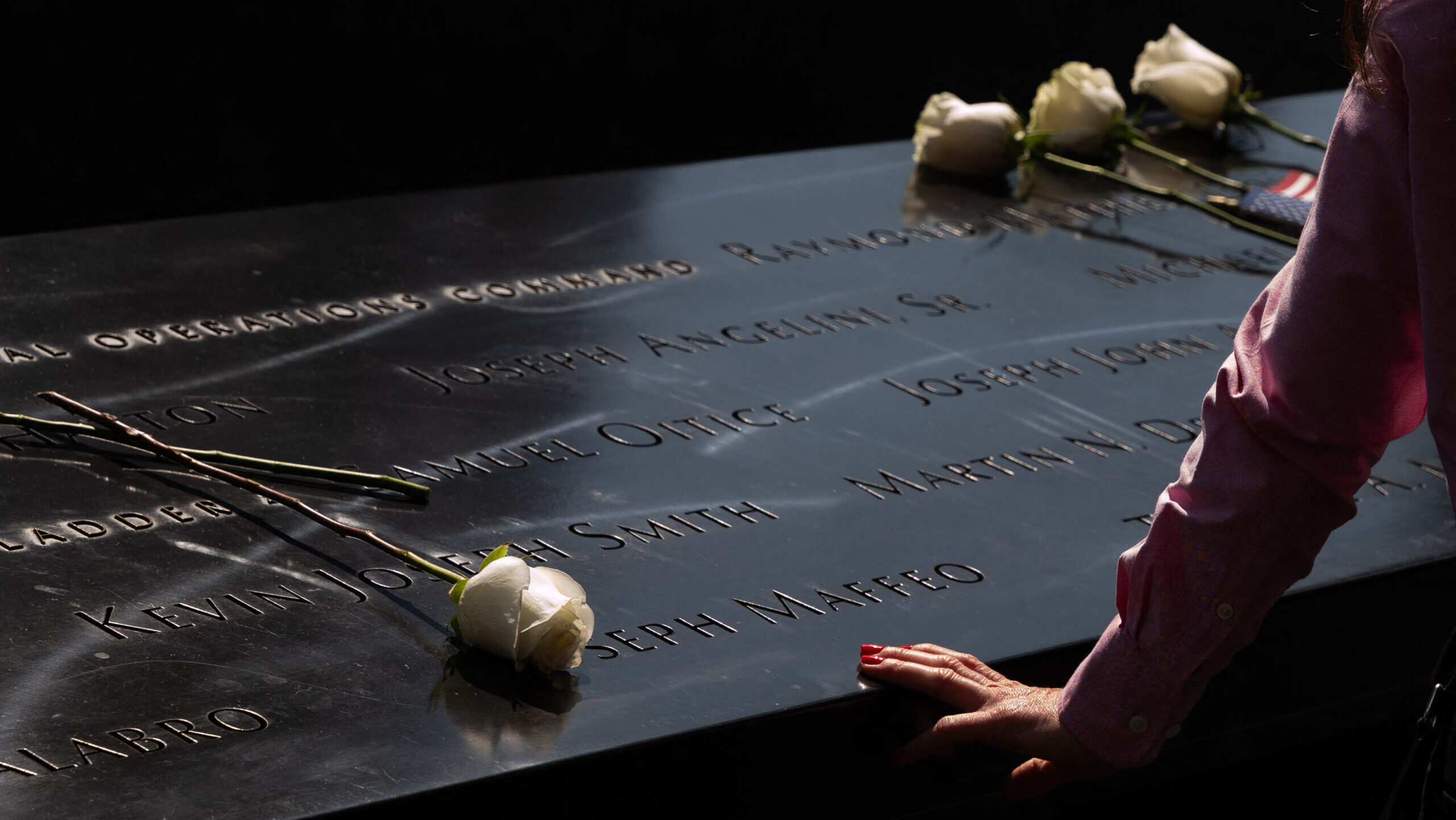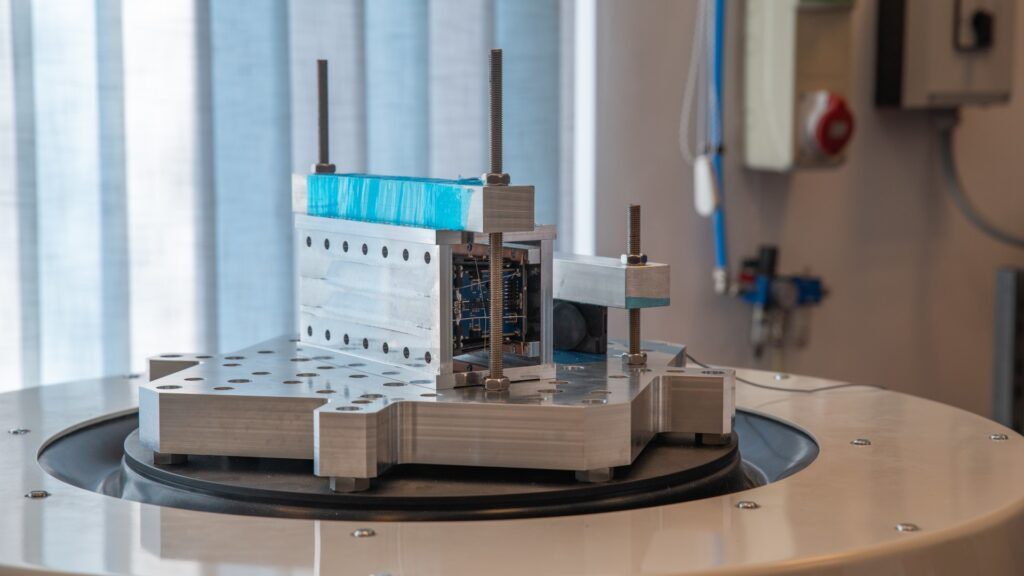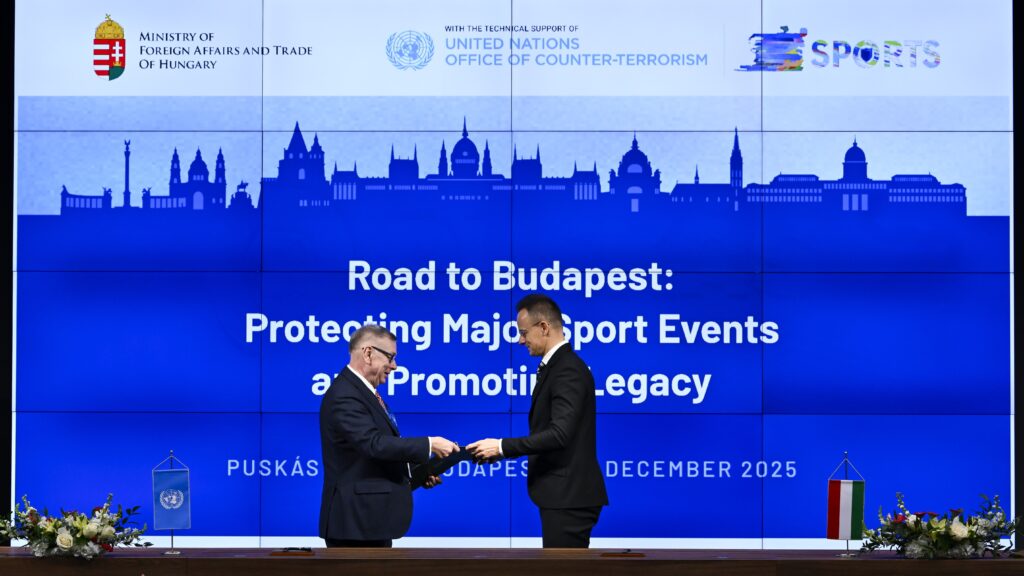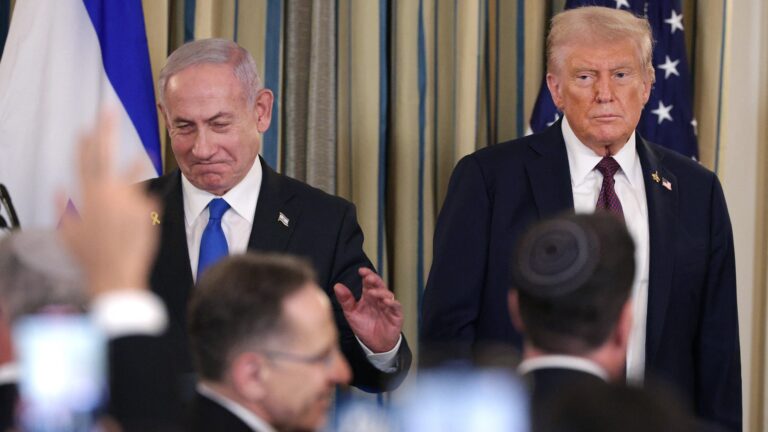Twenty-three years ago today, the American nation—and much of the world—was plunged into mourning by an event no one had ever anticipated: a terrorist attack against and on the soil of the world’s leading superpower. The events of 9/11, along with their far-reaching consequences and significance, likely need no introduction.
On 11 September 2001 Al-Qaeda terrorists hijacked four US airliners. Two of them crashed into the Twin Towers of the World Trade Center in New York, causing them to collapse within two hours of the impact. The third plane was directed toward Pentagon’s base in Arlington, Virginia, while the fourth targeted the White House. Thanks to the heroic actions of the passengers and crew, the fourth plane crashed near Shanksville, Pennsylvania, just 15 minutes away from Washington, D.C.
Nearly 3,000 Americans, most of them civilians, were killed in the unprecedented terrorist attack. 9/11 changed the world forever. In response, the US declared a ‘global war on terrorism,’ a foreign policy doctrine that garnered support from the entire Atlantic alliance and even Russia. This led to the invasions of Iraq and Afghanistan, resulting in the deaths of hundreds of thousands of Iraqis and Afghans, as well as thousands of US troops. The Afghanistan war became America’s longest, culminating in a chaotic withdrawal in 2021.
‘The sense of invulnerability that once characterized the American nation’s identity was forever altered’
Alongside the changes in foreign policy, domestic security underwent significant transformations after 9/11, with thorough checks at airports becoming a regular feature of daily life. However, perhaps the most profound shift was in the mindset of the American people: they no longer felt ‘untouchable’ within their own country. The sense of invulnerability that once characterized the nation’s identity was forever altered.
For us Hungarians it is not difficult to feel empathy for the national tragedy experienced by the American people on 9/11. Unfortunately, Hungarian history is also marked by its share of tragic events alongside its moments of glory. One of the greatest national tragedies for the Hungarian people is the Treaty of Trianon. After the First World War, Hungary lost about two-thirds of its territory and nearly one-third of its population, leaving approximately 3.3 million Hungarians outside the state’s new borders. Although generations have grown up since then, the mere mention of Trianon evokes a deep understanding among Hungarians, young and old, of its profound significance. Much like 9/11 for Americans, Trianon has become a symbol of national unity for the Hungarian people.
It has been 23 years since 11 September 2001, meaning that an entire generation has grown up that was not alive when the tragedy occurred—a generation that has already started families or will soon do so. It is now their responsibility to pass on the torch their parents carried, to keep the memory of 9/11 alive. This includes remembering the victims and heroes, the significance of Ground Zero and the Flight 93 National Memorial, and the meaning of sacrificing one’s life for the nation, as the firefighters, police officers, and soldiers who participated in the rescue efforts did.
Year after year, the 9/11 commemorations strive to remain as apolitical as possible, with the focus squarely on the victims and their families. The aim is to foster national unity, rather than highlight the divisions that often dominate daily life. A particularly memorable and symbolic moment occurred in 2008 when presidential campaign rivals John McCain and Barack Obama visibly set politics aside, visiting Ground Zero together to pay their respects and lay flowers in a reflecting pool at what was still, at that time, a pit. This gesture underscored the importance of national solidarity in the face of tragedy.
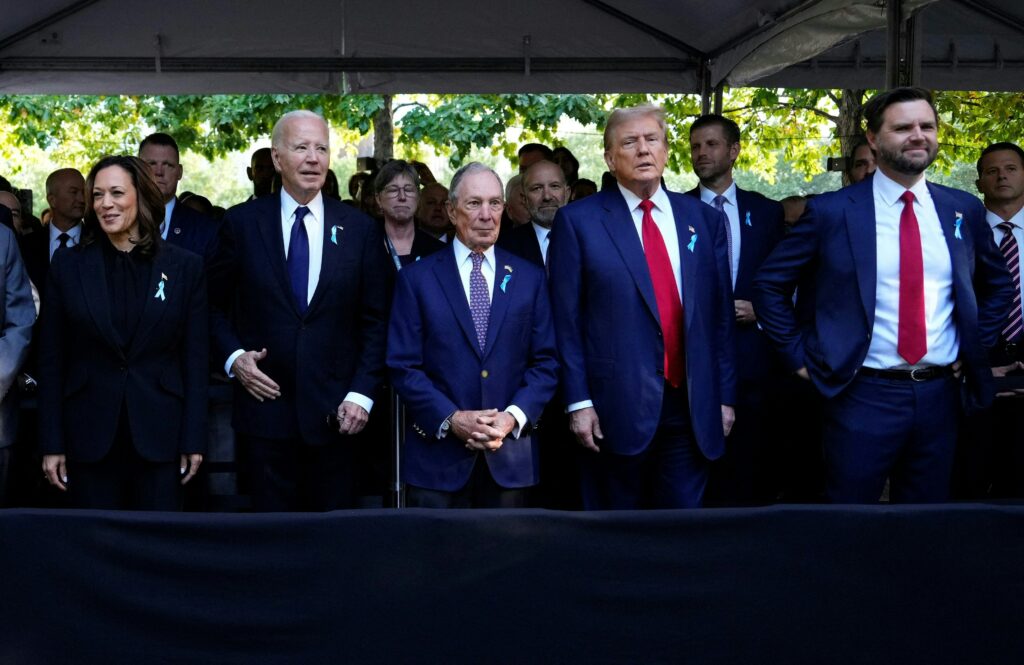
Surprising as it may seem, given the current US domestic political climate, Joe Biden, Kamala Harris and former Democrat New York Mayor Michael Bloomberg appeared alongside Donald Trump and JD Vance at the memorial service at Ground Zero in New York. This joint appearance sends a particularly strong message, especially following the heated and emotional presidential debate between Trump and Harris on Tuesday, and in light of the deep divisions within American society—far greater than in 2008, when Obama and McCain came together.
It is a gesture that shows the significance and power of 9/11: even political rivals, who constantly sling mud at each other on a daily basis during the final weeks of a presidential election campaign, are able to come together and commemorate the victims of the tragedy. Let’s all hope that 9/11 will always be remembered in this way: without political antagonism, with respect for the victims, and with the promise that such a tragedy will never happen again, either in the United States or anywhere else in the world.
Related articles:

